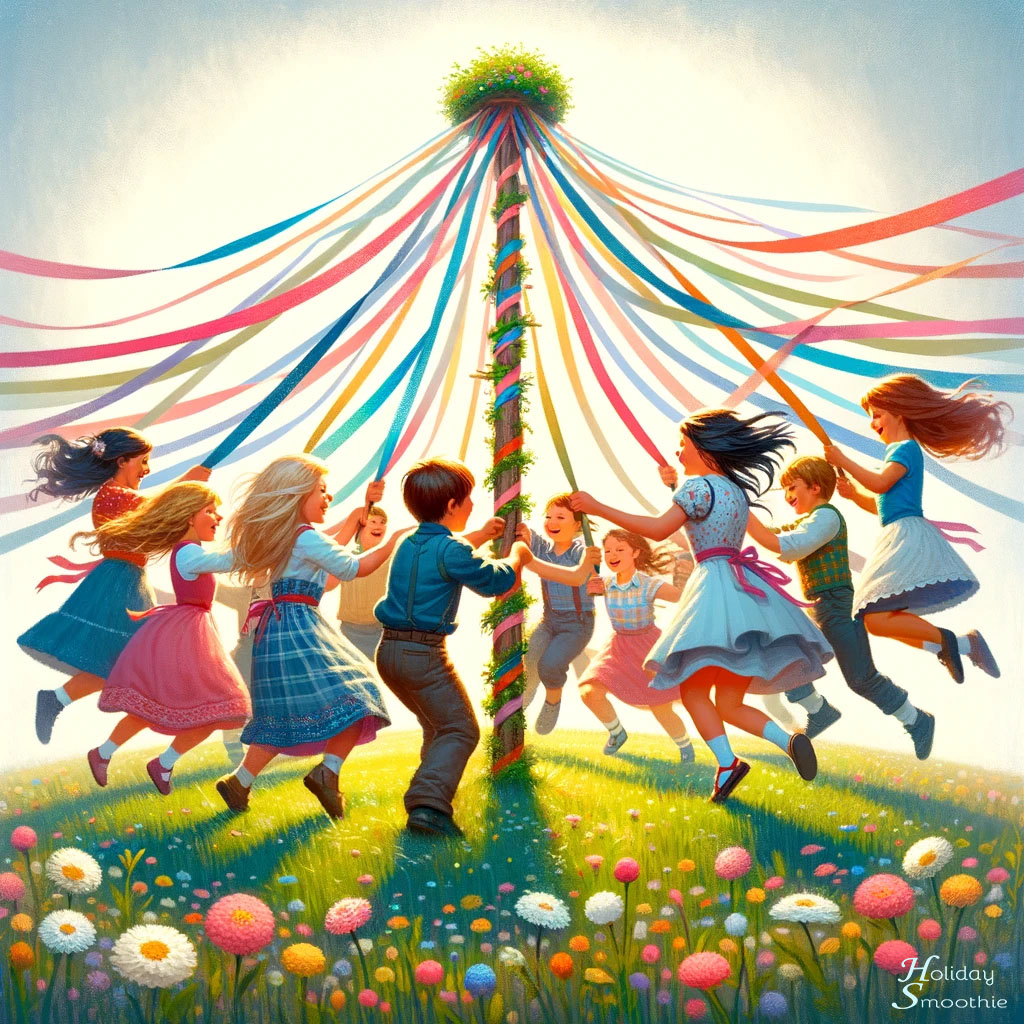Introduction to Mother’s Day
Mother’s Day is a celebration honoring the influence of mothers and mother figures in society. It is observed on various days in many parts of the world, most commonly in the months of March or May. In the United States, it is celebrated on the second Sunday in May. This day is an opportunity to recognize the contributions, sacrifices, and love of mothers and maternal figures.
Significance of the Day
Mother’s Day serves to acknowledge and celebrate the pivotal role mothers play in fostering individual and societal growth. It is a time to appreciate the relentless dedication, love, and strength of mothers.
Cultural and Historical Impact
The modern American version of Mother’s Day was created by Anna Jarvis in 1908 and became an official U.S. holiday in 1914. Jarvis originally conceived Mother’s Day as a way of honoring the sacrifices mothers made for their children. Over time, it has become highly commercialized, with significant focus on gifting and festive celebrations. However, the essence of the day as a time for appreciating all that mothers do remains a powerful theme.
Types of Celebrations
- Gift-Giving: Common gifts include flowers, cards, jewelry, and treats such as chocolates or cakes, which symbolize affection and appreciation.
- Family Gatherings: Many families use the occasion to gather and spend quality time together, often over a meal or through a family outing.
- Public Acknowledgments: Schools, churches, and community groups often organize events to honor mothers with performances, awards ceremonies, or crafts such as handmade cards and gifts.
Encouraging Societal Behaviors
Mother’s Day encourages respect and appreciation for mothers and highlights the importance of family within societal structures. It also draws attention to important social issues such as maternal health, and child care in parenting responsibilities.
Age-Related Activities
- For Children: Schools and educational settings often engage children in making crafts or art projects as gifts, which helps to instill a sense of gratitude and love towards their mothers.
- For Adults: Adult children often take this opportunity to express gratitude through gifts, cards, or by spending quality time with their mothers.
Summary
Mother’s Day is a heartfelt celebration that crosses cultural and geographical boundaries, emphasizing the universal importance of mothers to society. It’s a day filled with emotion, recognition, and reflection on the profound impact that mothers have on shaping lives and communities. Whether through small gestures or grand celebrations, Mother’s Day provides a chance to honor those who nurture, educate, and lead in the most foundational way.








